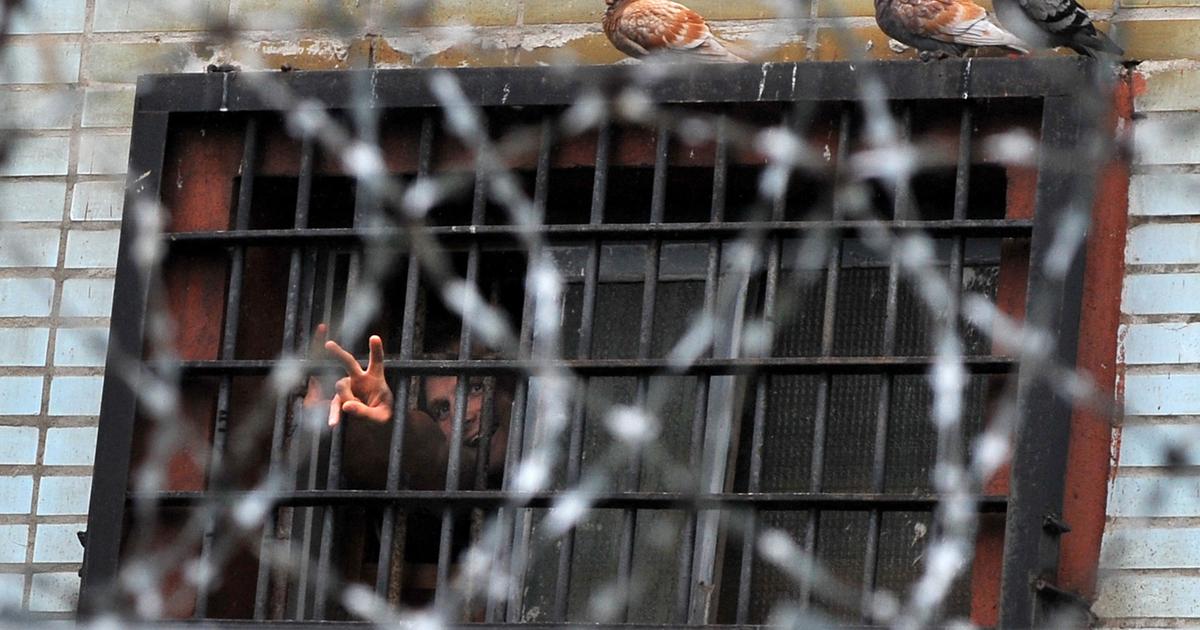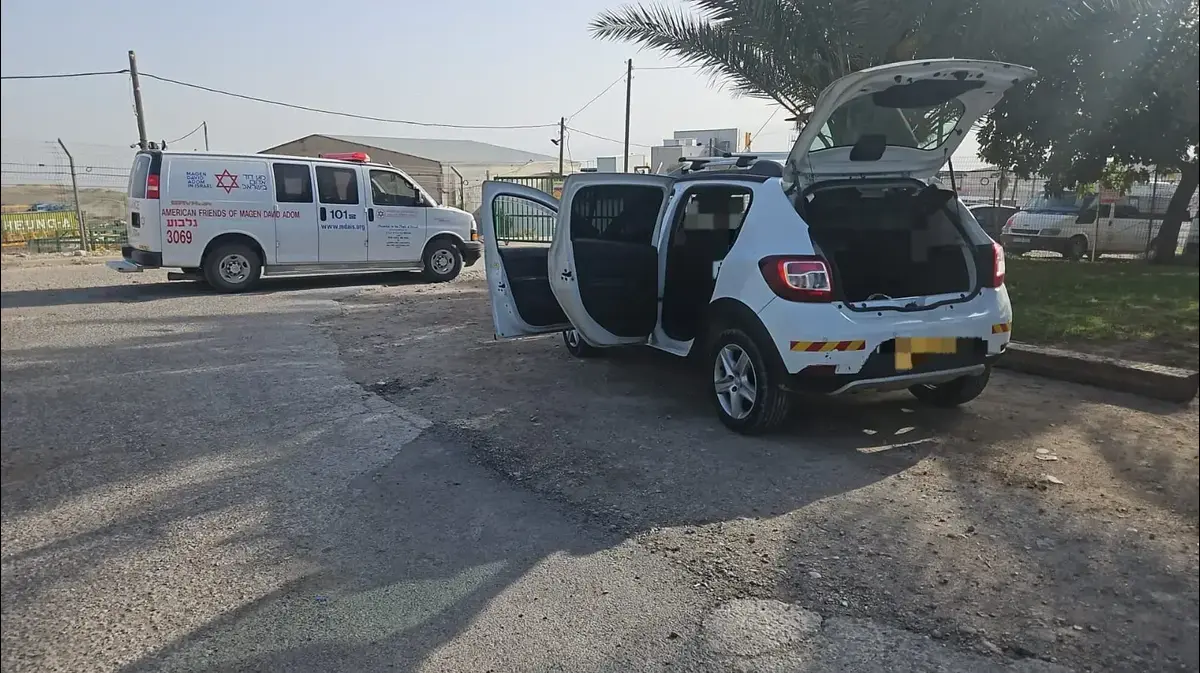Sebastián Piñera needed time to sort himself. It took almost all of Friday for the Chilean head of state to comment on a report by the United Nations Human Rights Commission that the police and army accused of serious human rights violations during the ongoing social crisis.
At a party event on Friday evening, the Conservative President didn't criticize the report directly, but you could tell from his words that he didn't like the conclusions. Somehow there was personal insult in his long speech when he said two months ago a "wave of violence" had begun that "we didn't know about in our country". Just as if the protests were a natural phenomenon and not a reaction to the overwhelming economic situation of the majority of his compatriots, which is due to an extreme neoliberal economic model.
Piñera insisted that his government always ensures that "human rights are fully implemented in Chile". "At any time, in any place and under any circumstances," said the head of state. He said nothing about the very specific allegations in the 35-page UN report against the Chilean security forces.
Chilean human rights activists criticize President Piñera
The human rights activist Lorena Fries is not surprised. "Piñera is trying to equate the looting and aggression of parts of the demonstrators with the systematic repression of the police and the army," the head of the non-governmental organization "Corporación Humanas" told SPIEGEL.
The president is annoyed and even accuses the UN High Commissioner of "interfering in national affairs" because it has made political recommendations. "Piñera invited the observers himself." According to the report, the president actually has to make a "big gesture of apology," says Fries. But it would hardly come.
Alberto Valdes / EPA-EFE / REX
President Piñera finds the UN report too harsh
The United Nations presented a devastating report in Geneva on Friday after a three-week visit to Chile in November. "There are good reasons to believe that an increased number of serious violations of human rights have been committed since October 18," summarizes the document.
"Excessive or unnecessary use of violence"
These violations included "the excessive or unnecessary use of violence that resulted in death, injury or torture, and ill-treatment, sexual violence, and arbitrary arrests." Of the 26 deaths, several would have to be classified as extrajudicial executions. The United Nations said the police had acted "fundamentally repressive" against peaceful demonstrators.
Accordingly, the "National Human Rights Institute" (INDH) has filed 792 cases against police officers and soldiers, including five for murder and twelve for attempted murder. "In the past few days there have even been reports of police officers firing their tear gas grenades directly at the bodies of demonstrators," INDH director Sergio Micco criticized SPIEGEL.
Doctors and chemists also accused the police of mixing caustic soda in the water that the water cannons fire on demonstrators on Monday. This was the result of the analysis of a sample commissioned by the "Health Movement in the Resistance" (MSR) collective. Caustic soda causes burns in humans. The police denied the allegation and said they would not add caustic soda to the water
With its report, the United Nations Commission, which is piquely headed by ex-Chilean ex-president and predecessor Piñera, Michelle Bachelet, is on the same line as Amnesty International and Human Rights Watch (HRW). They, too, had criticized the police and the army for handling the demonstrations.
Almost 5000 injured - in two months
For two months now, large sections of society in the former South American model republic have taken to the streets against neoliberal economic policy and have called for a more just society. Almost 5,000 people, including 2,800 police officers, were injured in the sometimes brutal clashes. The UN observers also identified numerous attacks on security forces and public and private institutions. They also criticized the massive looting.
Finally, the demonstrations have abated significantly and usually only take place once a week, every Friday. Last Friday there were clashes between participants and the police in Plaza Italia, the center of the protests, on the sidelines of a solidarity concert. Around 100 injuries were reported afterwards, the authorities reported.
"The challenge will be to keep the road under pressure on the government over Christmas and the summer months," said Lorena Fries. The campaign for the referendum on a constitutional change, which is planned for April, would then start in March. According to a recent survey by the DESOC research institute and the University of Chile, nine out of ten Chileans want to take part in the plebiscite. And 85.5 percent of them plan to vote for a new constitution.















